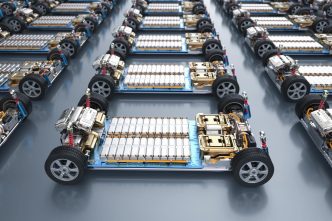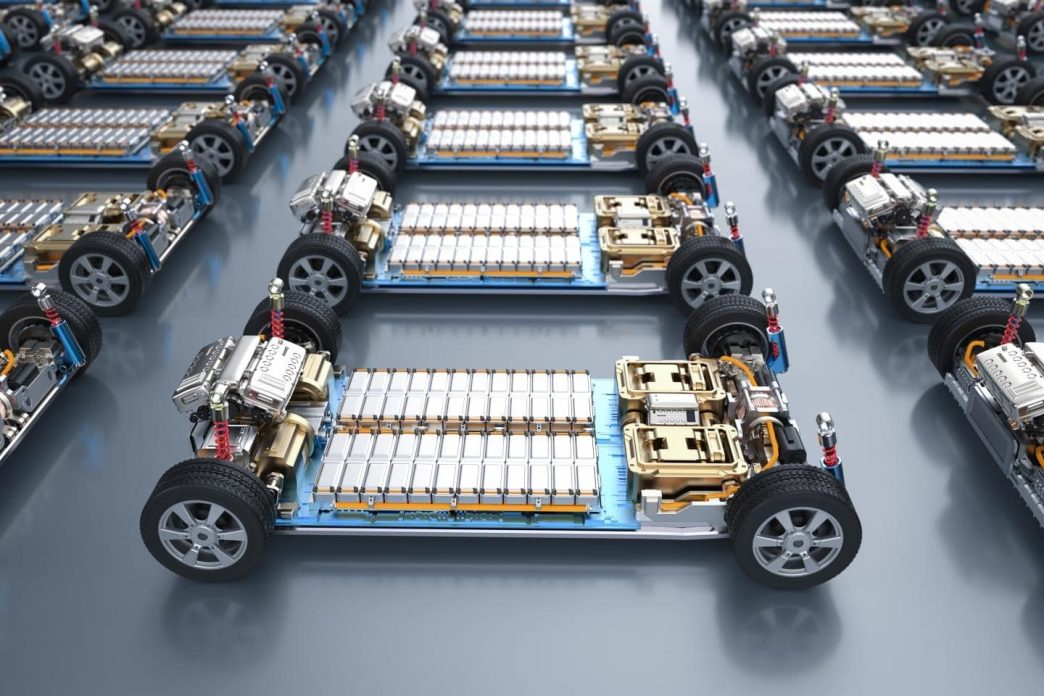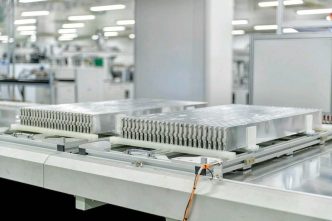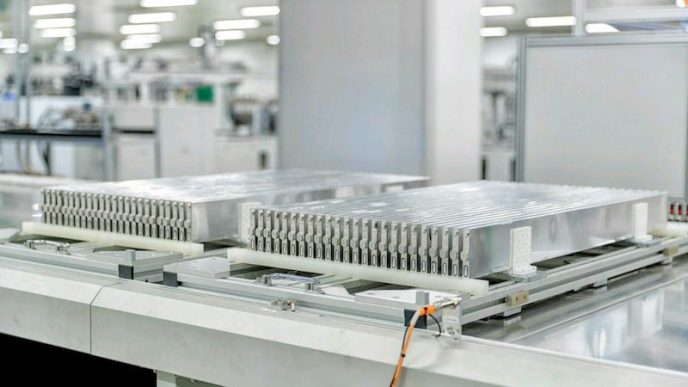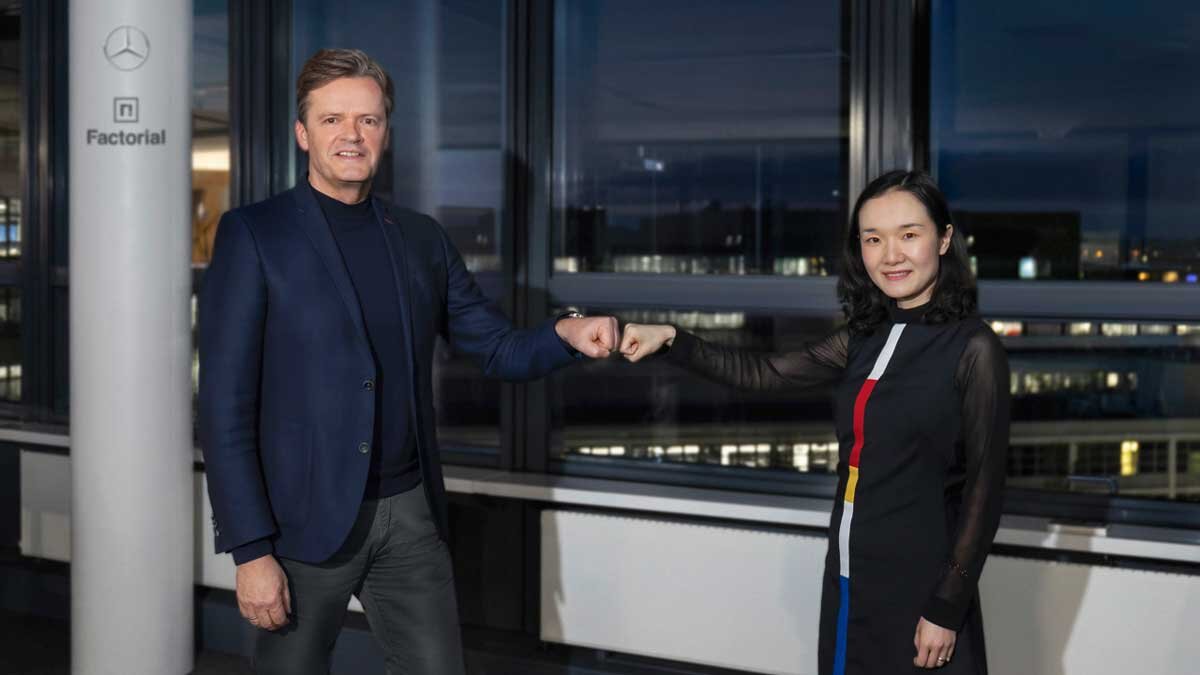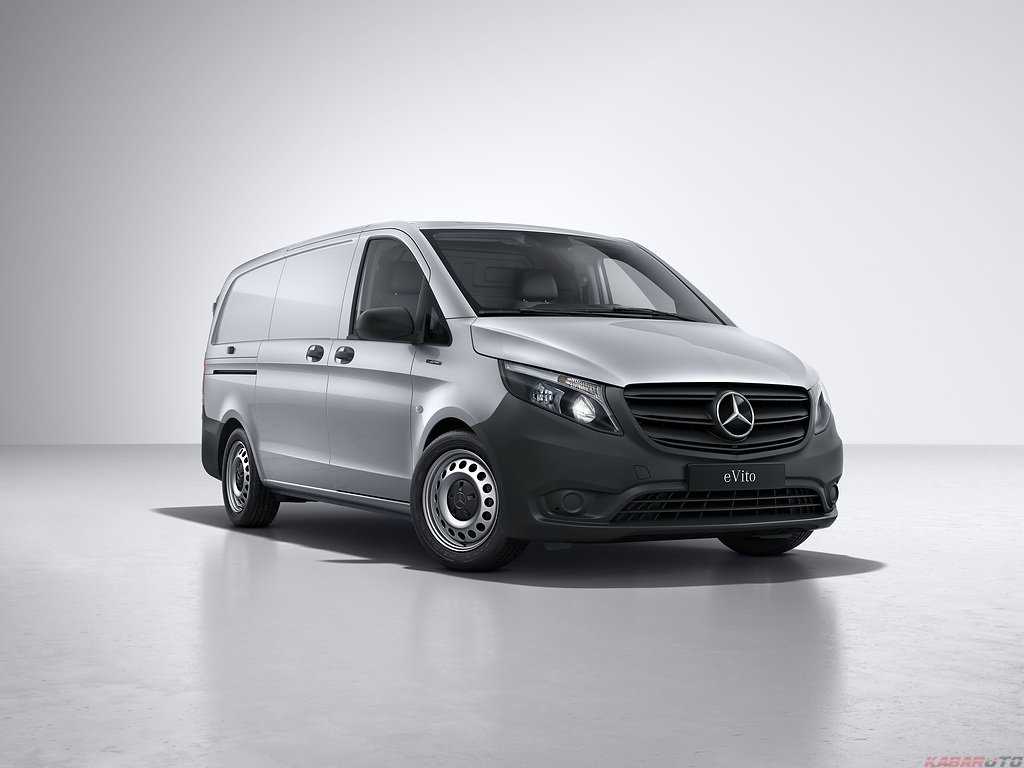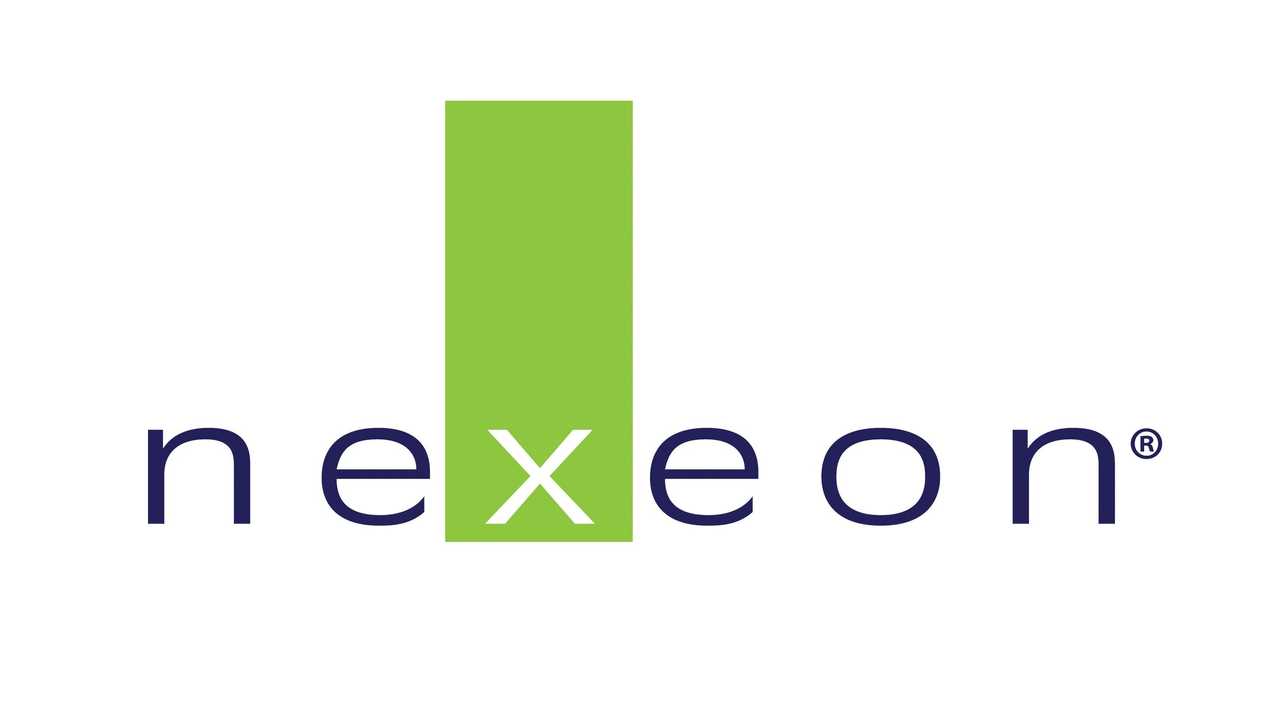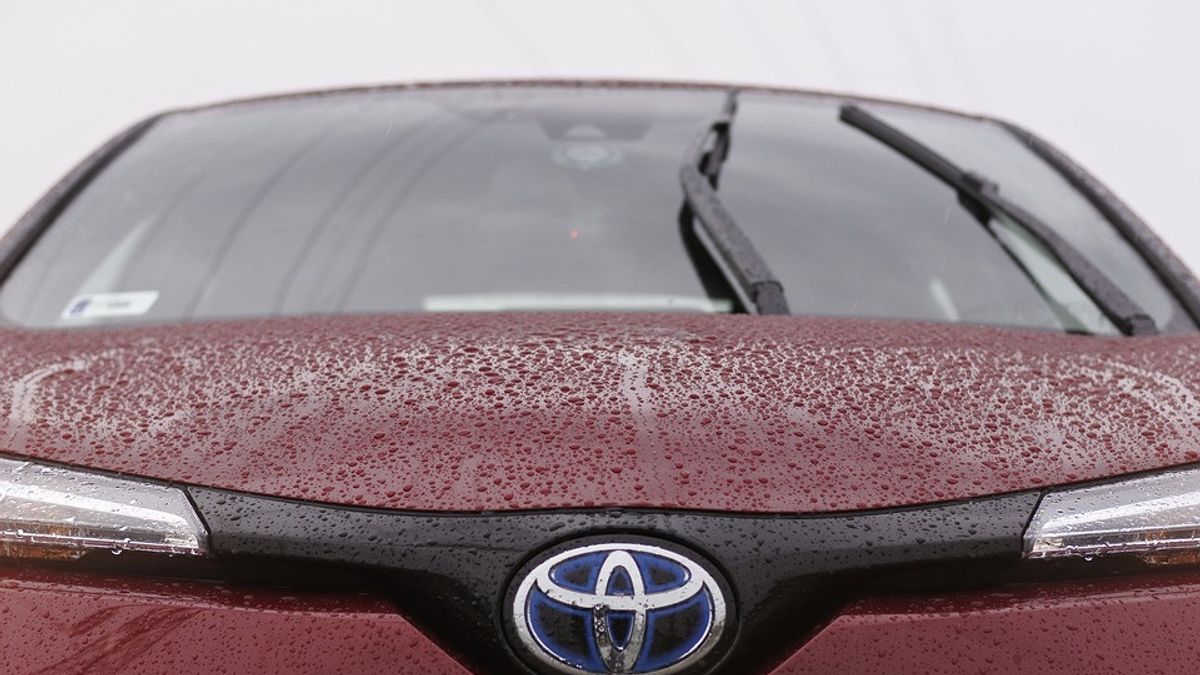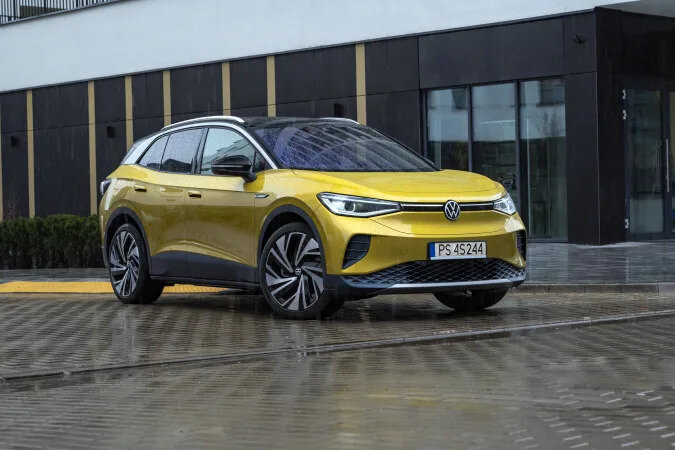SAIC Motor, one of China’s leading automakers, has announced plans to begin mass production of its second-generation solid-state battery (SSB) in 2026. The company revealed that the battery will feature an energy density of 400 Wh/kg, placing it among the highest-performing solutions in the market. This move aligns SAIC with other major Chinese firms such as Chery, GAC, CATL, BYD, and GWM, all competing to bring advanced solid-state batteries to the automotive sector.
In April 2024, SAIC-backed IM Motors introduced the IM L6 electric car, equipped with a semi-solid-state Lightyear battery. The battery, boasting a 900V high-voltage system and a capacity of 130 kWh, was expected to launch in October 2026. However, this model has yet to reach the domestic market. In November 2024, IM Motors applied for sales licensing of the semi-solid-state-equipped L6, signaling ongoing efforts to introduce this innovative technology. While semi-solid-state batteries represent a transitional technology, SAIC is heavily investing in pure solid-state battery development through a partnership with QingTao Energy Development.
SAIC and QingTao’s second-generation solid-state battery promises significant advancements. With an energy density of 400 Wh/kg, a volume energy density of 820 Wh/L, and a capacity of 75 Ah, the battery is designed for superior safety and performance. It features thermal runaway protection, remaining stable even when punctured or exposed to temperatures as high as 200 degrees Celsius. The battery is also highly efficient in cold climates, retaining 90% of its performance at low temperatures. These attributes highlight SAIC’s focus on creating robust and reliable energy solutions for electric vehicles.
SAIC faces stiff competition from other Chinese automakers and battery manufacturers. Chery, for instance, aims to introduce a solid-state battery with an energy density of 600 Wh/kg by 2026. Similarly, GAC Group plans to equip its Hyper-branded cars with 400 Wh/kg solid-state batteries that same year. CATL, BYD, GWM, and others are also racing to commercialize their SSB technologies, underlining the intense competition within the sector.
Solid-state batteries are gaining traction due to their superior safety and efficiency compared to traditional lithium-ion batteries. Their solid electrolytes enable a 40% reduction in volume and a 25% reduction in mass, while offering longer lifespans of up to 45,000 cycles. Additionally, they mitigate risks such as leakage, flammability, and volatility, making them a cornerstone of next-generation electric vehicle innovation.
Source: Carnewschina

